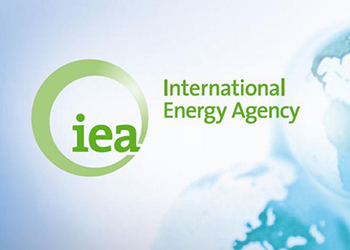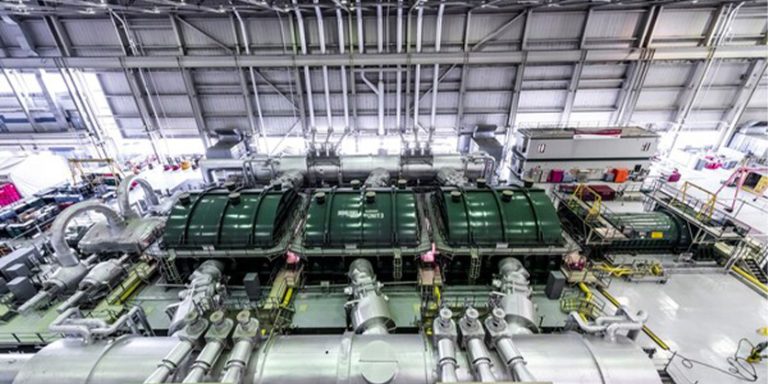Massive Investment, Government Policy Needed to Meet World’s Future Energy Needs

The world’s 2035 energy bill is in… and we may want to split it.
A recent report by the International Energy Agency (IEA) is calling on more investment if the world is to meet its energy needs to 2035. It will, says the report’s authors, require more than $48 trillion.
The annual investment in energy supply today is at $1.6 trillion, and that needs to “rise steadily” towards the $2 trillion mark. Measured against a 2012 baseline, annual spending on energy efficiency needs to rise from $130 billion to more than $550 billion by 2035, they said.
“The reliability and sustainability of our future energy system depends on investment,” said IEA executive director Maria van der Hoeven. Easier said than done, however. Hoeven stressed the importance of credible policy frameworks and the need for stable access to long-term finance. “Neither of these conditions should be taken for granted. There is a real risk of shortfalls, with knock-on effects on regional or global energy security, as well as the risk that investments are misdirected because environmental impacts are not properly reflected in prices.”
Annual investment in new fuel and electricity supply has more than doubled since 2000, with investment in renewable sources of energy quadrupling over the same period, IEA noted. According to recent data, renewables, biofuels and nuclear power now account for “15% of annual investment flows, with a similar share also going to the power transmission and distribution network.”
However, the majority of current investment spending — over $1 trillion — goes towards fossil fuels, whether that’s extraction, transportation, refining crude oil into oil products or building coal and gas-fired power plants.
Increasingly, investment decisions are being shaped by government policy and incentives, IEA explained. “While many governments have retained direct influence over energy sector investment, some stepped away from this role when opening energy markets to competition: many of these have now stepped back in, typically to promote the deployment of low-carbon sources of electricity. In the electricity sector, administrative signals or regulated rates of return have become, by far, the most important drivers for investment; the share of investment in competitive parts of electricity markets has fallen from about one-third of the global total ten years ago to around 10% today.”
Of the $48 trillion needed, roughly $40 trillion is in energy supply and the remainder is in energy efficiency. Breaking down energy supply, IEA said that “$23 trillion is in fossil fuel extraction, transport and oil refining with $10 trillion in power generation, of which low-carbon technologies – renewables ($6 trillion) and nuclear ($1 trillion) – make up the lion’s share; and a further $7 trillion in transmission and distribution.” To keep production at today’s levels, more than half of the energy-supply investment is needed to “compensate for declining oil and gas fields and to replace power plants and other equipment that reach the end of their productive life. The remaining $8 trillion of investment for energy efficiency is for main consuming markets, the European Union, North America and China, with 90% spent in the transport and buildings sectors.











